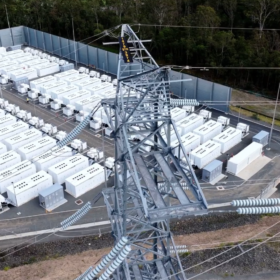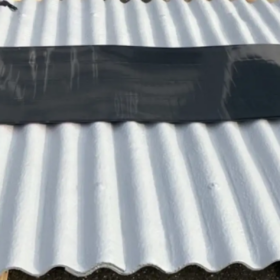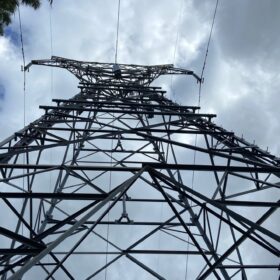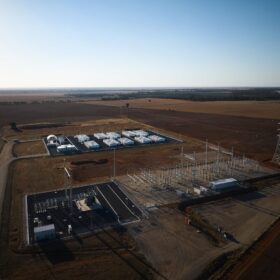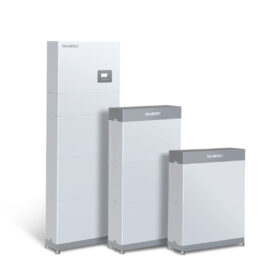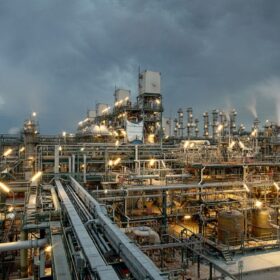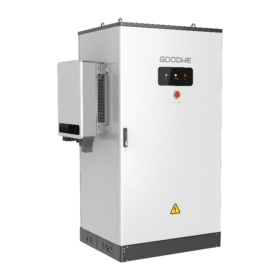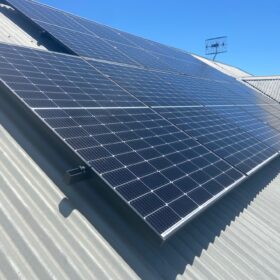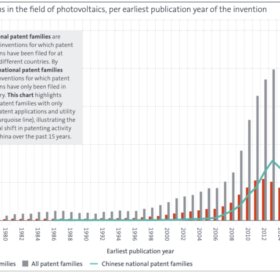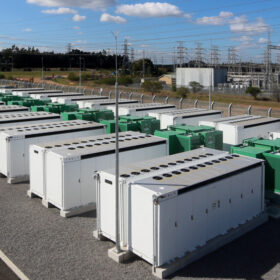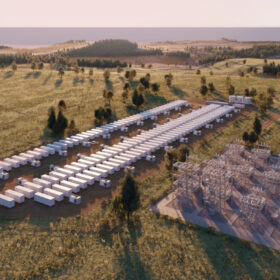Greenbank battery kicks off commercial operations to support 66,000 homes
The CS Energy Greenbank Battery in southeast Queensland has been regularly charging and discharging since beginning commercial operations in June, providing reliability and capability to the grid.
Japanese projects to pilot solar on low load-bearing roofs, BIPV windows
A partnership between PXP Inc and Tokyo Gas Co is working on developing film-type chalcopyrite solar cells for industrial roofs with low load-bearing capacity. Elsewhere, a coalition of partners is installing inner windows featuring perovskite solar cells at Tokyo’s Telecom Center Building.
$342 million transmission contracts to cement Western Australia’s transition
The Western Australia government has awarded $342 million to UGL Engineering, Acciona and GenusPlus for work on the Clean Energy Link – North major transmission project, which is key to the state’s clean energy transition.
Victorian ‘grid-forming’ battery now fully operational
The 185 MW / 370 MWh Koorangie battery energy storage project in northwest Victoria has reached a major milestone with developer Edify Energy confirming the system, featuring grid-forming inverters, is now fully operational.
DMEGC releases new series of residential all-in-one storage systems
The Chinese company stated that its new H02 product line is available in either single-phase or three-phase configurations. It comes with a different number of 5.12 kWh batteries.
Construction begins on 10,000 MT polysilicon factory in Malaysia
Japanese chemical company Tokuyama Corporation and South Korea-based polysilicon producer OCI have begun construction of a 10,000 metric tons polysilicon factory in Malaysia.
GoodWe launches scalable C&I battery system with 100 kWh+ capacity
GoodWe has released its BAT series battery cabinet for small to mid-scale commercial projects, with two capacities at launch at 102.4 kWh and 112.6 kWh, and outdoor use in mind.
Consumer energy resources get top priority in AEMO’s FY2026 plan
AEMO will prioritise consumer energy resources integration over the coming financial year, and is part of 29 actions being prioritised for the energy transition as outlined in its Engineering Roadmap FY2026 Priority Actions report.
Photovoltaic inventions increase seventeen-fold in three decades
The European Patent Office says China has overtaken other countries in photovoltaic patent filings over the past 15 years, while European startups and universities retain a lead in agrivoltaics and niche solar applications.
Grid-forming batteries and multiple SynCon to underpin NSW transition
Transgrid has chosen grid-forming batteries and synchronous condensors as its preferred system strength technologies, as coal generators retire over the next decade and renewable energy supplies the state.
